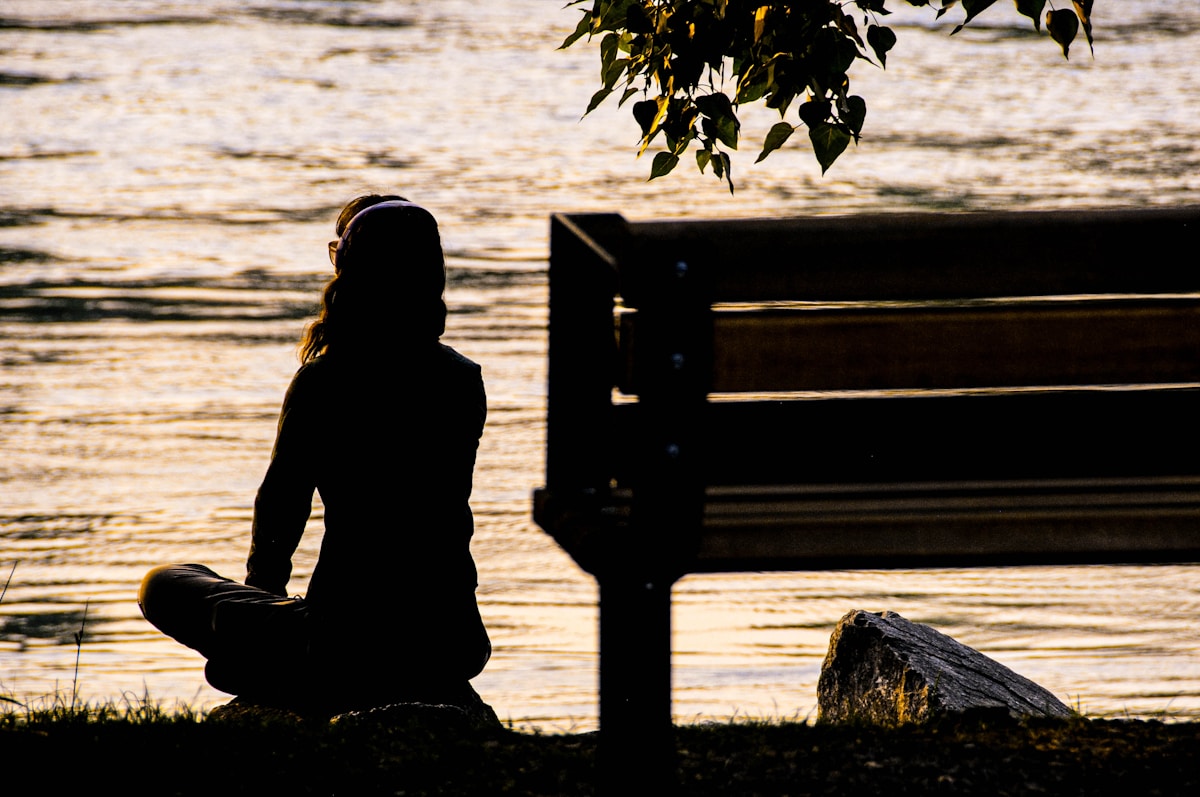let go of blame

“The more strictly and mercilessly you judge yourself, the more just and kind you will be in the judgment of others.”
— Confucius
“Letting go of blame allows us to be free, to take back our power, and to avoid the trap of thinking that someone or something else has the ability to dictate our experience of life. Whether our life is “wonderful” or “difficult” is always up to us.”
— Mike Robbins
In his book The Calendar of Wisdom, Leo Tolstoy writes that when we make a conscious effort to not blame other people, our life becomes a whole lot easier. Yet, very few among us actually make this tiny effort.
He further explains the significance of distancing ourselves from blaming others by this simple and succinct story:
“In the lives of the saints, there is the story of the hermit who saw in his dream a monk who had died long ago, and who had been rather weak in his life. The monk was in an especially lovely and honored part of paradise. The hermit asked, ‘How were you granted this place, with all your weaknesses?’ and the monk answered that it was because he had never blamed, not a single person in his life.”
The ancient Stoics advised the same. They never saw any point in blaming others; instead they blamed themselves. No matter what adversity or challenge they faced, their go-to strategy was to not let the surfacing negative emotions distract them, and instead get focused and act in accordance to what lay in their reasoned choices.
Epictetus imparted this powerful lesson to his students, “You must stop blaming God, and not blame any person. You must completely control your desire and shift your avoidance to what lies within your reasoned choice. You must no longer feel anger, resentment, envy or regret.”
Marcus Aurelius protected himself from the blaming trap by following this simple rule: Blame yourself—or blame no one. We can do the same as well for whatever happens to us.
Blaming other people and external circumstances robs us of our integrity and our personal power. It strips us of the energy and vitality needed to make progress. Rather, it’s best to develop the habit of finding fault in ourselves. This not only helps us grow and evolve as human beings, but in the long haul, it also gets us further ahead on the path of self-assurance and virtue.
As Tolstoy points out, “If you make it a habit not to blame others, you will feel the growth of the ability to love in your soul, and you will see the growth of goodness in your life.”
Stoicism provides useful tools and practical strategies to navigate through everyday problems and live a more meaningful and happy life.
I’m excited to announce the launch of my new course Stoicism 101: Philosophy Essentials for Beginners.
This course comprises 21 exclusive, well-curated lessons enriched with knowledge and wisdom from the best resources on Stoicism and philosophy.
Each lesson has been designed to assist and guide you in navigating through the complexities that come with modern living.
Course participants will receive:
- 21 Custom Video Lessons from yours truly
- Printable STOICISM 101 Worksheets with Stoic quotes and prompts for reflection and writing
- Pithy Stoic Maxims for guidance and direction in everyday life
Like all my courses, you’ll get a 30–Day Money Back Guarantee in this one as well, so you have absolutely nothing to lose!
I sincerely hope you’ll check this course out, it’s one of the best things I’ve created; I’m really proud of it and I’m sure you’ll like it. Click here for more information.
SUBSCRIBE TO THE DAILY APPLE VIA EMAIL.
